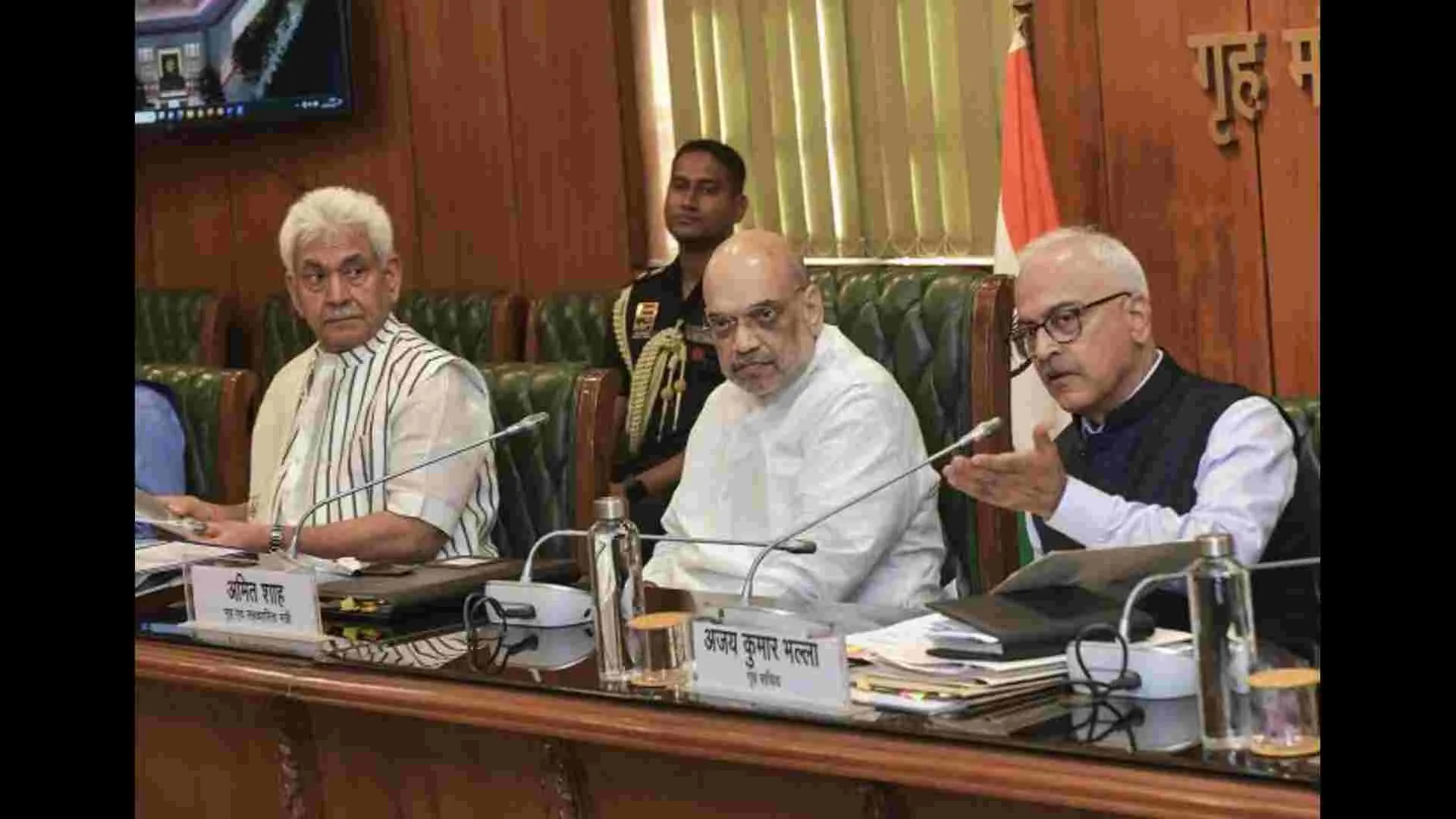It has been increasingly witnessed in the elderly that they are more vulnerable to Covid-19, and this is compounded by the fact that they also have poor outcomes for survival. A higher risk has been associated with comorbid pre-existing medical conditions. The elderly with pre-existing arthritis and osteoporosis have progressed to debilitatingly painful symptomatology during the Covid era.
Sedentary lifestyles and poor exercise tolerability have increased the risks significantly with the deterioration of already pre-existing medical ailments. Reluctance for consultation due to lockdown restrictions, societal pressures to remain homebound to avoid Covid exposure, fear of affecting family members and re-allocation of resources in hospitals have all contributed immensely to the delay and initiation of timely management for arthritis and osteoporosis.
The Covid vaccine diplomacy along with the early vaccine hesitancy has also contributed to the fear of psychosis amongst both the educated and uneducated masses of the population.
Add to the above, surgical procedures and arthroplasty have been delayed in the management of arthritis.
The rescheduling of surgical replacements has presented now with multi-fold additional challenges in these times of the Covid pandemic. Poor chest compliance, lower exercise tolerance, thrombotic episodes, susceptibility to secondary infections, weak cardiac health have significantly increased risks in the elderly planned for elective surgery. The pre- Covid fit elderly population has now been graded as high-risk candidates for procedures.
Off-label use of drugs such as steroids, antivirals, DMARDs, immunomodulators, and plasma therapy for the management of Covid related illness has also had deleterious effects leading to a silent disaster-in-making. Significant alterations to an individual’s immune system, decreased glycaemic diabetic threshold, susceptibility to uncommon inflammation or infection including fungal and variability of inflammatory markers have confounded the clinician’s judgement. The diagnostic dilemma and unconventional treatment protocols have delayed the timely offer of surgery for the arthritic joint.
The contagious evolution of the Covid pandemic poses new challenges in the surgical management of joint arthritis. Personal observation suggests that there has been a 40% decline in replacement surgeries with additional delay in rescheduling of the planned surgeries. There is an urgent need to identify the crippling effects of arthritis and osteoporosis in the elderly to provide timely management.
The writer is Director & Unit Head, Department of Orthopaedics Max Super Specialty Hospital, Patparganj.













